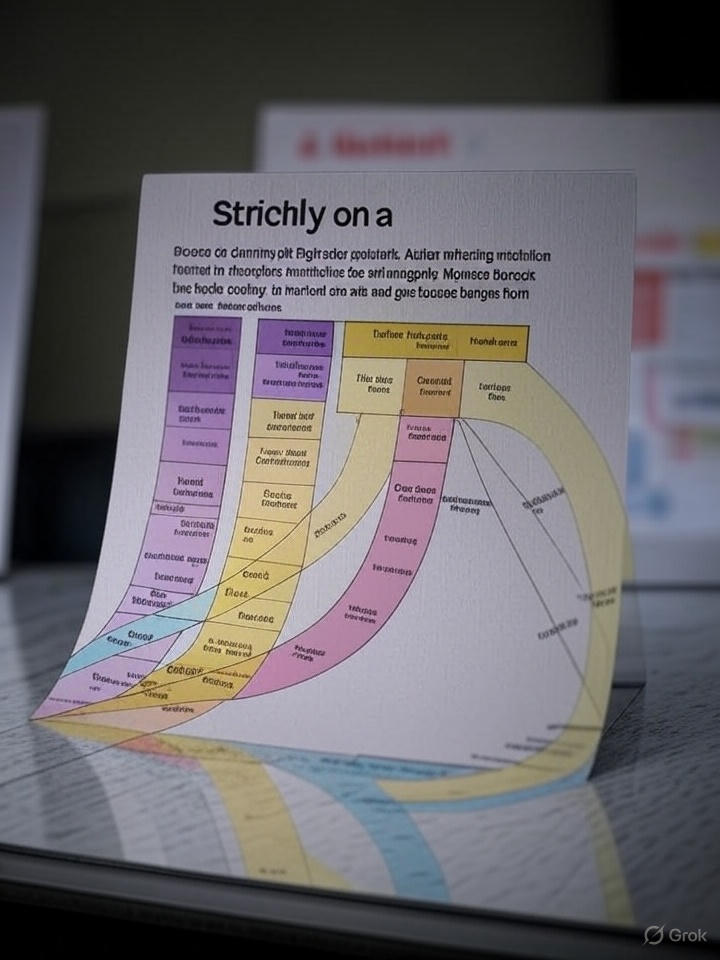Artificial Intelligence (AI) has revolutionized research—automating data processing, uncovering patterns, and accelerating discovery. However, this powerful tool brings a range of negative effects that threaten the credibility and sustainability of scientific inquiry. In this post, we unpack these risks, citing reputable sources like Wikipedia, Forbes, and MIT News, and provide actionable strategies to protect research quality. Don’t forget to check our other guide on using OpenAI for free 👉 “Is there a way to use OpenAI for free…”.
1. Algorithmic Bias & Research Integrity
What is it?
AI systems trained on biased datasets can produce skewed results—leading to algorithmic bias in experimental data and analysis. This undermines trust in scientific outcomes.
Why it matters:
- A study on AI decision-making revealed unintended biases leading to unfair outcomes time.com+15cepr.org+15economics.mit.edu+15news.mit.edu+1hbr.org+1.
- For instance, facial recognition systems have demonstrated racial bias, and research relying on these tools may perpetuate inequality .
SEO tip: Include alt text “AI algorithm bias chart” when presenting visual data.
2. Reproducibility Crisis & Overreliance

Issue:
AI can expedite analysis and hypothesis generation but often masks understanding—resulting in researchers overrelying on AI and failing to replicate results manually or interpretably.
Supporting research:
- Microsoft’s literature review warns that overreliance on AI can degrade trust and lead to misinterpretation microsoft.com.
- The “stochastic parrots” problem shows LLMs produce fluent—but unsupported—answers en.wikipedia.org.
Potential fix: Encourage explainable AI methods and checkpoints to validate results manually.
3. Environmental Footprint of AI-Driven Research
Concern:
Training and running AI models is energy and water-intensive, accelerating data-center carbon emissions and water consumption.
Key data:
- MIT reports indicate AI’s computational demands result in high energy use and large-scale carbon footprints impactclimate.mit.edu+12news.mit.edu+12teenvogue.com+12.
- Wikipedia estimates AI contributes to 1–5 Mt of extra e‑waste by 2030, alongside carbon and water strain en.wikipedia.org.
Visual aid idea:
Use an infographic comparing carbon output of GPT‑3 vs. flights, with alt text “GPT‑3 carbon emissions infographic.”
4. Misuse: Plagiarism & Disinformation
Challenges:
- Researchers may rely on generative AI to draft sections—raising concerns of plagiarism and weakened academic rigor.
- AI can inject false patterns or propagate disinformation, undermining scholarly records.
Citations:
- AWIS and MIT note misuse of AI in copy-paste writing and misinformation in research summaries gao.gov.
- The GAO highlights AI-generated “inaccurate information” and “undesirable content” as serious risks gao.gov.
Best practice:
Adopt rigorous AI-use policies, mandate manual reviews, and use plagiarism detection tools.
5. Ethical Dilemmas & Data Privacy
Key points:
- Sensitive data used in AI models—like medical or personally identifiable data—can be misused or leaked.
- The opacity of AI systems obscures accountability, making it hard to trace decisions back to human influence.
Evidence:
- CEPR warns AI may damage consumer privacy and worsen inequality theguardian.com+11economics.mit.edu+11cepr.org+11.
- Built-in lists of AI risks include privacy violations, bias, and ethical lapses .
Recommendation:
Enforce privacy protocols, ethical reviews, and transparent documentation.
6. Mitigation Strategies for Better Research
A. Bias Audits & Explainable AI
- Conduct periodic bias audits of datasets
- Use XAI tools to interpret model decisions
B. Encourage Reproducibility
- Provide code and hyperparameters publicly
- Require that claims be backed by reproducible pipelines
C. Green-AI Practices
- Use smaller models or federated learning to reduce energy use
- Switch to renewable-powered data centers, citing MIT & Wiki on energy sourcing biolecta.comen.wikipedia.orgwired.com+3news.mit.edu+3teenvogue.com+3
D. Ethical Use Policies
- Train researchers to use AI responsibly
- Integrate AI guidelines into Institutional Review Boards (IRBs)
Conclusion
AI offers groundbreaking acceleration in research—but its negative impacts on bias, reproducibility, privacy, and the environment pose serious threats. By adopting transparent, ethical, and sustainable practices, academia can mitigate these challenges.
For deeper context, explore high-authority sources: [Wikipedia on environmental impact], [Forbes on AI’s risks] en.wikipedia.org, and [MIT News] news.mit.edu.
Remember to explore our internal guide on leveraging OpenAI affordably: our 2025 free usage overview.





Pingback: Can Artificial Intelligence Become Self-Aware? - Snapspeak